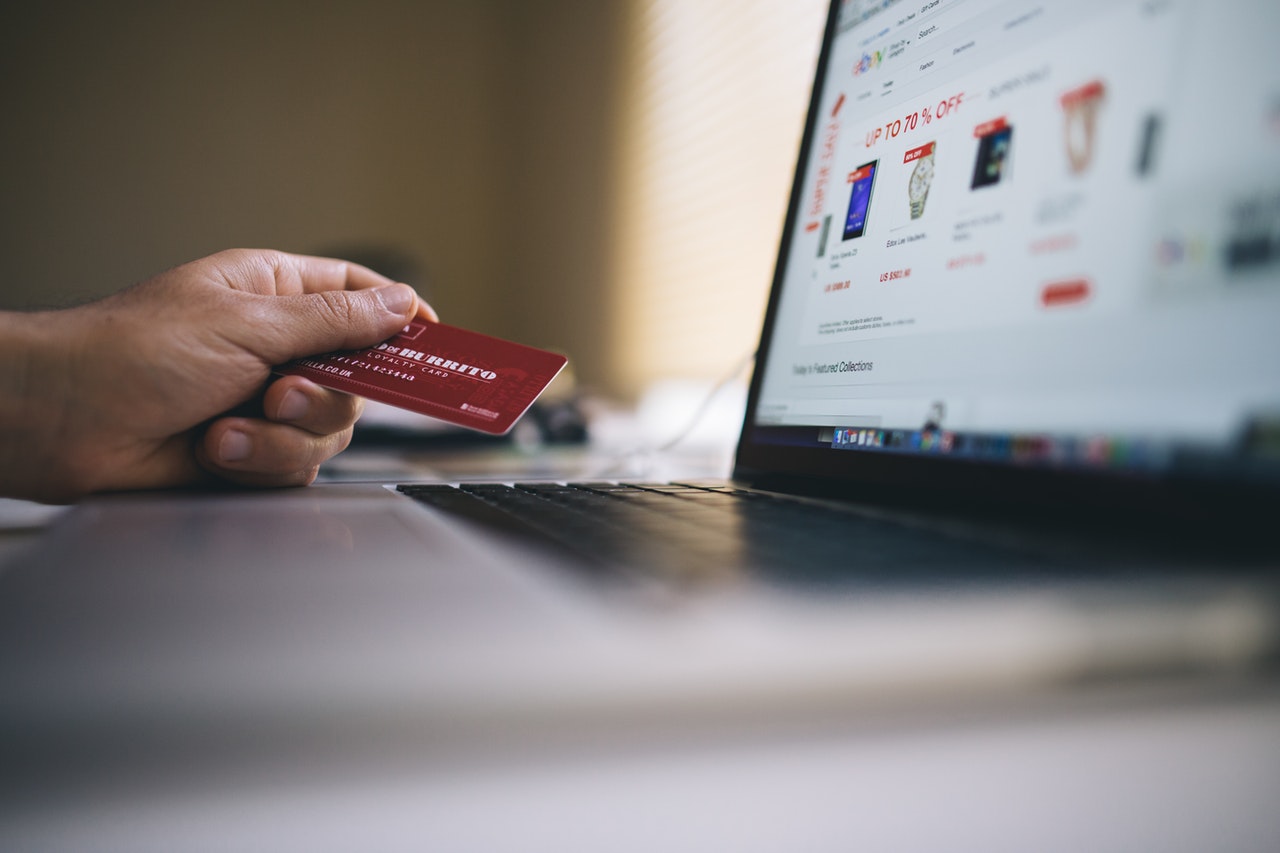How has COVID-19 affected counterfeiters?
The mere touch of a button has made trade effortless. More so, with the impact of COVID 19 (“Coronavirus”) globally, e-commerce increasingly becomes the preferred mode to trade. Government measures put up to combat the effects of COVID 19, such as social distancing, curfews, and lockdowns, have intensified a rise in the use of online commerce platforms to purchase and sell goods and services.
An increase in e-commerce continues to facilitate the spike of online counterfeit product listings, leaving consumers vulnerable to fake goods
Stephanie
Consumers’ preference to purchase essential and non-essential goods online ensures that minimal human contact is observed compared to traditional trade methods. However, an increase in e-commerce continues to facilitate the spike of online counterfeit product listings, leaving consumers vulnerable to fake goods. The boom in counterfeiting is not only limited to e-commerce platforms but has also gradually trickled down to social media platforms such as WhatsApp, Instagram, and Facebook. Before the Coronavirus, an eye-opening report released by the International Chamber of Commerce estimated the global impact of counterfeiting and piracy to reach US$4.3 Trillion by 2022.
In the wake of COVID 19, there has been a staggering rise in counterfeit products. As buyers lean towards e-commerce vis-à-vis traditional channels of trade, supply chains experience the tension. As a result, this has led to some e-commerce platforms, such as Amazon, to halt its third party delivery service. Counterfeiters have viewed this as an opportunity to bridge the demand-supply gap by listing fake goods online. Such listings have led Amazon to ban more than one million products that claim to protect against COVID 19 or even cure it. In China, the government seized 31 million fake face masks during the coronavirus outbreak. Moreover, 3M Company mentioned that it is working with relevant authorities and online marketing platforms to suppress price gouging, fraud, the sale of counterfeit face masks, and other healthcare supplies used in fighting the coronavirus pandemic.
Kenyan Laws on E-commerce Counterfeiting
The statute governing counterfeiting is the Anti-Counterfeit Act (“ACT”) of Kenya. The Act defines counterfeiting as manufacturing, production, packaging, repackaging, labeling, or the making of protected goods whereby those protected goods are imitated. In simpler terms, counterfeiting involves the infringement of intellectual property rights. Counterfeiters intend to confuse or deceive consumers about the quality, source, origin, or legitimacy of goods sold.
Parliament did not adequately frame the Act to cater to e-commerce counterfeiting expressly. The existence of this lacuna in law facilitates the flourishing of online counterfeiting.
Stephanie
The Act legislates counterfeit actions conducted within the traditional channels of trade. Parliament did not adequately frame the Act to cater to e-commerce counterfeiting expressly. The existence of this lacuna in law facilitates the flourishing of online counterfeiting.
Recommendations
The transformation of e-commerce occurs concurrently with the rampant development of the Internet. Kenyan Laws should be amended and made flexible enough to legislate online trading. The amendment of laws will ensure that consumers are protected from counterfeit products and brand owners, with the assistance of Anti Counterfeit Officers, exercise their right to enforce violations against their intellectual property rights.
Equally, online market places should delist sellers listing counterfeit products. Where branded products are listed, an e-commerce platform should request the seller to provide an agreement with the brand owner, who, when contacted, can verify the validity of the contract.
As for consumers, the Anti-Counterfeit Authority has recommended the awareness of products sold outside the usual distribution channels (Place), Price undercutting, packaging, and Personal experience with a product. The 4 Ps.
Conclusion
With the emergence of the Coronavirus, online shopping is currently the preferred mode of trade; hence e-commerce is here to stay for its ease of doing business. In light of this, authorities should create adequate policies to combat counterfeiting within the online market place.

Comments are closed